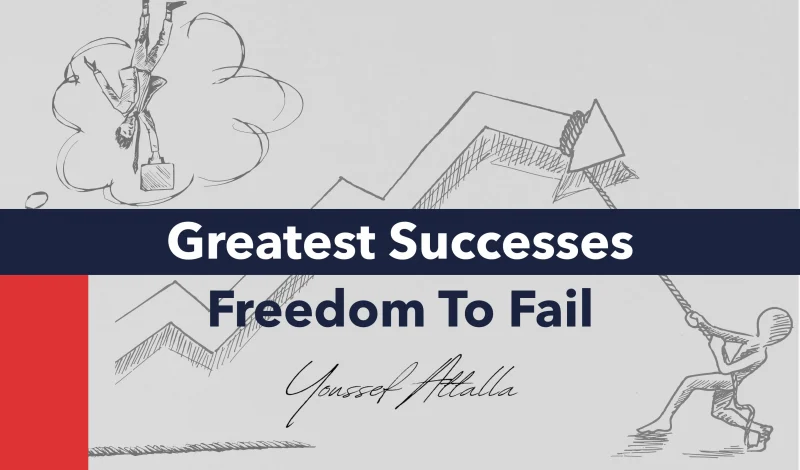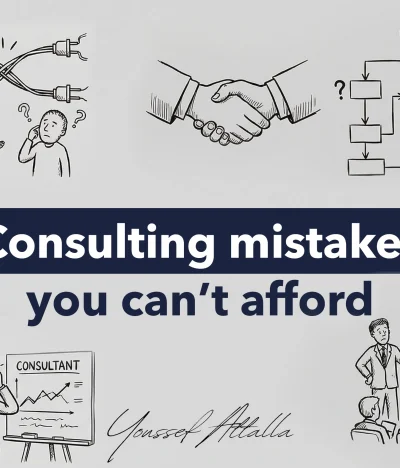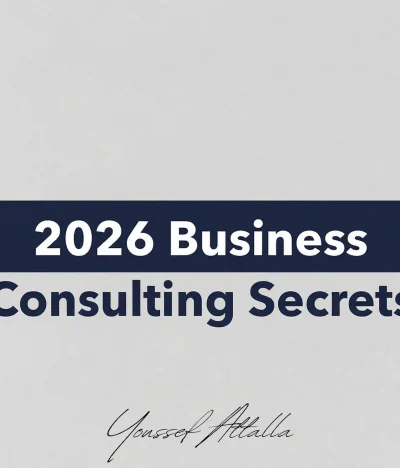Failure is often seen as something to be avoided at all costs. Yet, history and modern business practices show us a powerful truth: the greatest successes come from having the freedom to fail. Without the space to take risks, test new ideas, and even stumble along the way, growth becomes nearly impossible.
From world-changing inventions to thriving startups, failure has always been the stepping stone to the greatest success stories we admire today.
In this blog, we’ll explore why embracing failure is essential, how it leads to breakthroughs, and why industries—especially those that rely on consulting services—must nurture environments where freedom to fail is celebrated, not punished.
Why Failure Fuels Success
Failure teaches us lessons success cannot. When we fail, we gain direct insights into what doesn’t work, which sharpens our strategies for the future. Companies that allow experimentation create more innovative products and deliver the greatest success in their fields.
Consider this: Thomas Edison famously failed thousands of times before creating the lightbulb. His journey is living proof that the greatest successes come from having the freedom to fail. Instead of fearing mistakes, he treated them as data points that moved him closer to his ultimate achievement.
The Role of Risk in Achieving the Greatest Success
Calculated Risks Create Opportunities
Taking risks is necessary for growth. Businesses that play it safe rarely achieve breakthroughs. By contrast, leaders who encourage trial-and-error unlock new markets and redefine industries.
Here, consulting services play a crucial role. Consultants often guide businesses through risk management, helping them identify which risks are worth taking and how to structure them. When paired with the freedom to fail, risk becomes less of a threat and more of an opportunity for the greatest success.
Breaking Comfort Zones
Success doesn’t come from doing what’s familiar; it comes from pushing boundaries. Teams that challenge norms, try unconventional strategies, and experiment freely often discover solutions that others overlook.
This mindset proves that the greatest successes come from having the freedom to fail, because real innovation is born outside the comfort zone.
How Consulting Services Empower Freedom to Fail
Many organizations struggle with creating environments where employees feel safe to fail. Fear of judgment, financial loss, or wasted resources can paralyze decision-making. This is where consulting services step in.
Building Resilient Systems
Consultants help companies design frameworks that minimize the impact of failure. For example, introducing pilot programs, testing phases, or limited rollouts allows teams to experiment without risking the entire organization.
This controlled freedom ensures that even if a project fails, the company still learns valuable lessons that pave the way to the greatest success.
Encouraging Growth Mindsets
Consulting experts also focus on shifting workplace culture. By promoting a growth mindset, consultants help employees see failure as feedback.
This mindset empowers teams to take bold steps, confident that their mistakes will be stepping stones rather than career-ending setbacks. In this way, businesses can truly embody the principle that the greatest successes come from having the freedom to fail.
Real-World Examples of Success Through Failure
Entrepreneurs Who Embraced Failure
Many entrepreneurs attribute their greatest success to their willingness to fail. Steve Jobs, for instance, was fired from Apple before returning years later to turn it into one of the most valuable companies in the world.
His story reinforces that setbacks aren’t the end, they’re a redirection toward even bigger achievements.
Lessons from Startups
Startups thrive on experimentation. They launch prototypes, test markets, and often pivot entirely based on what they learn from failed attempts. With the help of consulting services, startups manage risks more effectively, allowing them to turn failures into profitable models.
These examples underline that the greatest successes come from having the freedom to fail, because failure is rarely final; it’s a building block for greatness.
Creating a Culture That Welcomes Failure
Leadership’s Role
Leaders must model resilience by openly sharing their own failures. When leaders show that failure is not only acceptable but valuable, employees feel safe enough to innovate.
Practical Steps
- Reward experimentation rather than only results.
- Debrief after failures to capture lessons learned.
- Invest in consulting services that teach organizations how to manage failure without discouragement.
By following these steps, companies open doors to innovation, and ultimately, to their greatest success.
Why Freedom to Fail Leads to Long-Term Growth
Short-term failures often disguise long-term progress. Every failure provides data, perspective, and resilience, qualities that are essential for sustaining growth.
Organizations that understand this principle become more adaptive and competitive. They embrace the philosophy that the greatest successes come from having the freedom to fail, knowing that each setback is just another step closer to mastery.
With the support of consulting services, these organizations can balance ambition with strategy, ensuring that their risks lead to innovation rather than collapse.
Conclusion
Failure isn’t the opposite of success, it’s the foundation of it. From entrepreneurs to multinational corporations, the truth is clear: the greatest successes come from having the freedom to fail. By reframing failure as a tool for learning, businesses unlock new levels of creativity, resilience, and growth.
Whether through calculated risks, cultural shifts, or expert guidance from consulting services, every failure holds the potential to become the seed of the greatest success.
So, the next time you face a setback, remember failure isn’t the end. It’s the path to your greatest achievements. And if you’re ready to build strategies that turn failure into growth, don’t hesitate to reach out for professional consulting support.





